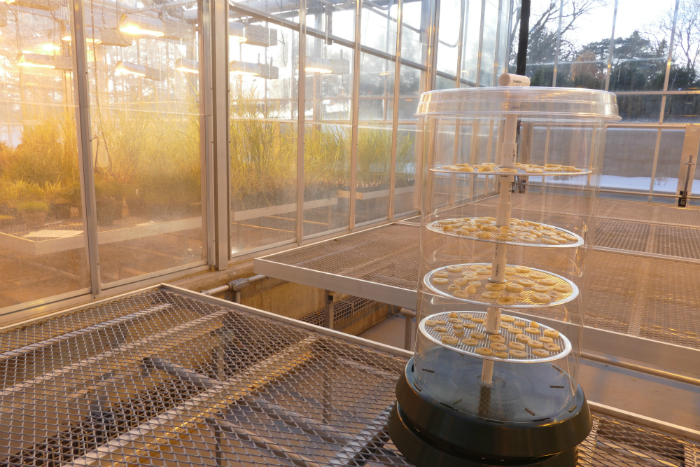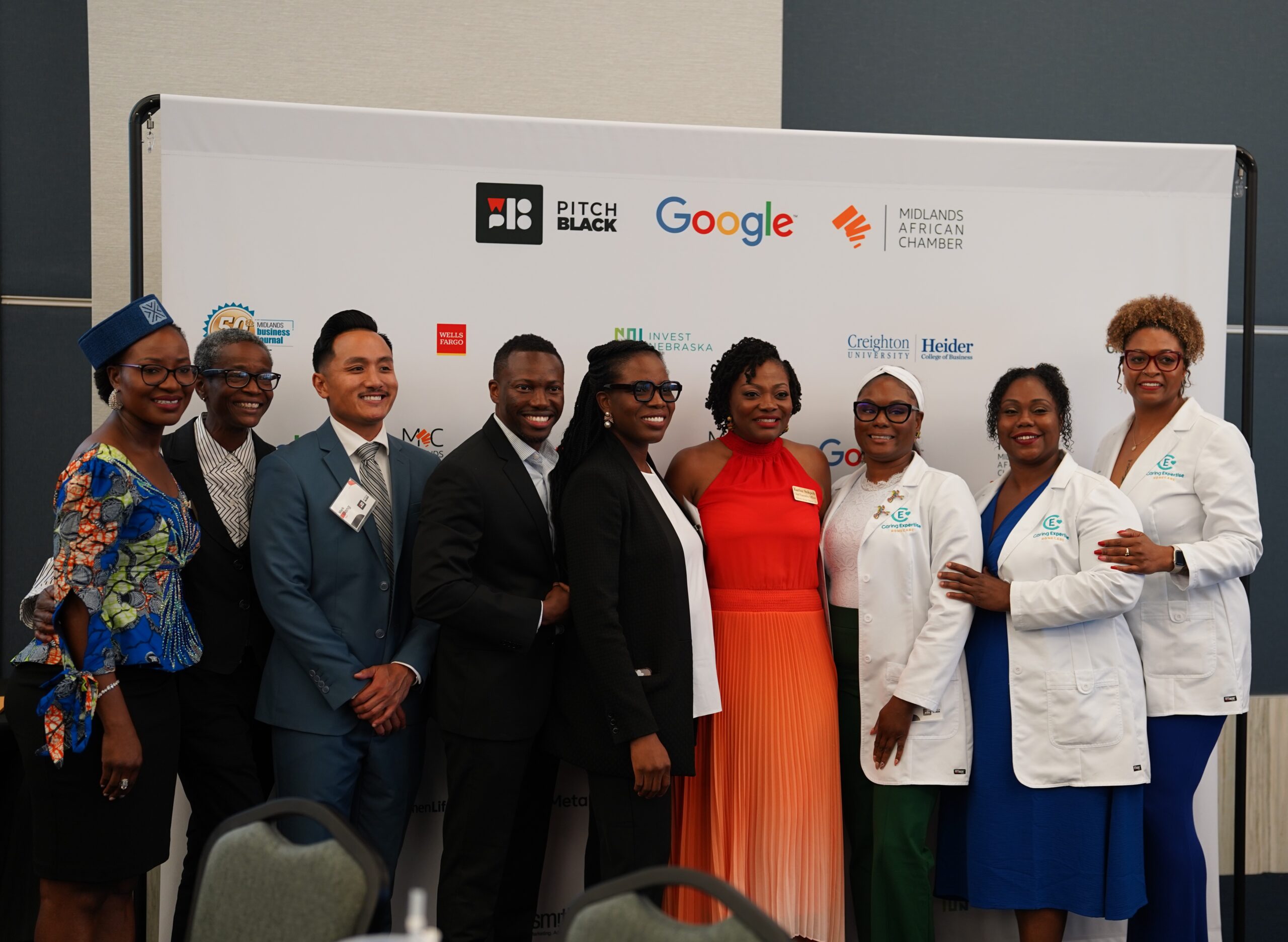
Based in Ames, Iowa, the KinoSol team is prototyping a revolution in food production that could save tons of wasted food each year.
The co-founders of KinoSol are wrapping up field tests on the latest prototype of their lightweight, solar-powered dehydrator designed to increase the shelf life of produce and reducing post-harvest losses worldwide.
Powered by the sun and using no electrical inputs, KinoSol’s dehydration apparatus is directed at boosting the self-sufficiency and mobility of rural families and small-scale subsistence farmers in developing countries.
According to the Food and Agricultural Organization of the United Nations, one-third of food produced for human consumption is lost or wasted globally. That equates to about 1.3 billion tons per year.
How it works
The KinoSol device employs a natural convection system to dry produce, at the same time serving as a pest-repellent storage container and lessening the potential for mold as water evaporates. The company’s goal is to sidestep post-harvest losses by keeping fresh produce flowing from farm fields and into the mouths of hungry people at their homes and in local markets.
BECOME A SPONSOR
Join us in championing the narrative of success, resilience, and ingenuity that defines Nebraska’s startup community. Learn more »
“There are many farmers in developing countries who have no running water, no electricity, and limited sources of income,” said KinoSol co-founder and Iowa State University junior Mikayla Sullivan. “Many don’t have the proper technology in place to harvest and store up to 30 to 60 percent of crop that they grow. The solution has to be high-tech, yet simple enough to function in those types of environments.”
International travel in underdeveloped countries has provided the KinoSol team – comprising four co-founders including Sullivan and Iowa State-student comrades Ella Gehrke, Elise Kendall and Clayton Mooney – with some eye-opening views.
From malnourished children to overcrowded homes and crops rotting in the field, those types of scenes have helped shape the company’s culture and mission.

Worldwide attention
2015 was a busy year for KinoSol.
Sullivan, a regional director with the International Association of Students in Agriculture, traveled in February 2015 with the KinoSol team to compete as one of 10 finalists vying to win the Thought for Food Challenge in Libson, Portugal.
Thought for Food empowers university students to generate solutions centered on tackling global food issues and the world’s ability to feed 9 billion people by 2050. KinoSol was one of more than 300 teams in over 50 countries that had signed on to contend for a $10,000 award.
“We were able to pitch on stage and meet a bunch of people that were interested in global food security projects,” Sullivan said. “Including overcoming challenges associated with food waste and water quality. It afforded us some great networking opportunities with people our age that were doing similar things.”
One-third of food produced for human consumption is lost or wasted globally
Kendall, who this past summer spent six weeks in Uganda testing KinoSol both in the field and for cultural acceptance, worked through Iowa State’s Establish & Grow program with a goal of fighting food insecurity and malnutrition in that country.
KinoSol during the past year was also awarded $35,000 following the startup’s participation in the Innové Project in Minneapolis, a $5,000 award from the 2015 Pappajohn New Venture Student Business Plan Competition, and a $300 cash price from the Pappajohn Center for Entrepreneurship.

To market by spring
Following Kendall’s return from Uganda, the company took a step back from the business plan competitions and focused up on the development of its eighth prototype – with rural and urban communities in mind. The most recent iteration was manufactured in conjunction with Clive, Iowa-based Regal Plastic Supply Co.
“After field-testing, we wanted something more durable,” Sullivan said. “Each unit weighs fewer than 10 pounds. Everything interlaces and snaps together.”
The new style, she noted, is easier to take apart, pack, transport and reassemble – giving momentum to farmers and families working to feed themselves, share with neighbors, or produce an income by selling excess produce at local markets.
KinoSol registered as a Specific Benefit Corporation in state of Minnesota, which recently enacted legislation allowing for more flexibility in regards to for-profit and socially minded businesses that are interested in pursuing “general or specific benefits” among their primary objectives.
The company, launching officially in September 2015, kicked off with an ongoing research and development campaign. KinoSol continues to establish relationships with churches, non-governmental organizations and like-minded groups in Asia, Africa and South America. Test units began shipping this past month to partner organizations in El Salvador, Nepal, Ghana, Brazil, Uganda and other parts of the world.
The hope is to begin selling this spring.
“None of us are engineering majors or have a construction background,” Sullivan said. “Yet we had to put everything together and actually make a prototype. At Iowa State, we’ve had access to the engineering, food and science departments. It was great for us to get their perspective and input on how it would actually work, and bounce ideas off them.”
“That’s how we’ve progressed and are continuing to move forward,” said Sullivan. “We are building resources that will allow the units to be purchased and taken out into the community.”
—
Todd Razor is a Des Moines-based writer and multimedia storyteller who covers technology and innovation in the real estate, construction and manufacturing industries.




One response to “This simple device from KinoSol could feed millions”
[…] https://spnewsnjt.wpengine.com/2016/01/this-simple-device-from-kinosol-could-feed-millions/ […]